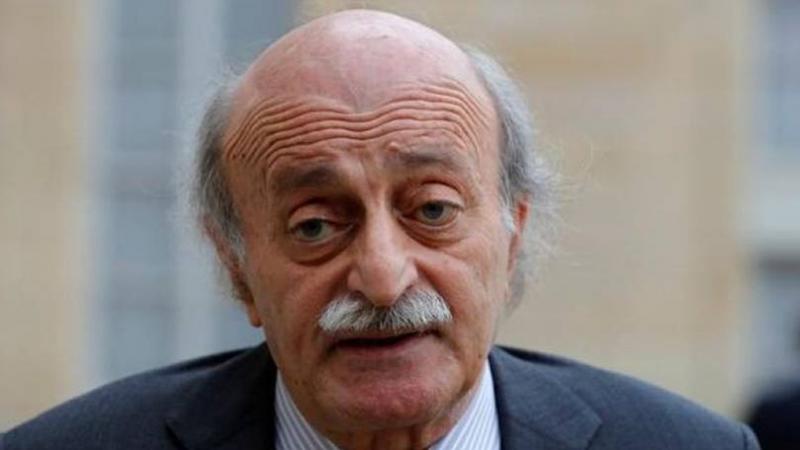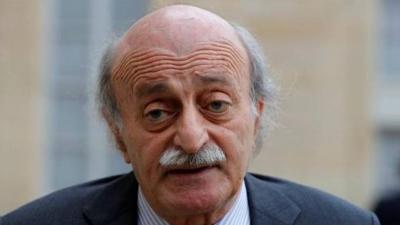Gibran Bassil is not envied for his position or stance. He has cornered himself despite being the heir to a historical leadership that swept through the Christian community like a tsunami, and he remains, at this moment, the head of the largest Christian parliamentary bloc, as well as the leader of a party with a presence and geographical extension. However, in politics, he is in crisis. To summarize his predicament briefly, one could say: it is a loss-loss equation controlling him. If the leader of the Marada Movement, Sleiman Frangieh, reaches the Baabda Palace, even with prior agreements and guarantees from Hezbollah, the Aouni faction will be subjected to nibbling and partnership with the new presidency. If Army Commander Joseph Aoun is elected president, Bassil's support base will become available to the new presidency. Therefore, Bassil insists on a third candidate, whom he can back as the sponsor of his tenure. But who will meet him on this path?
In reality, Bassil, the head of the Free Patriotic Movement, has not left himself a friend or ally to facilitate cooperation and understanding. Most of what he did on Sunday during his press conference confirms that he is cornered... to the extent of having to rely on his last two bullets:
- The first is his nomination, which he is certain is a useless card, serving no purpose other than obstruction: obstructing the possibility of votes from the Strong Lebanon bloc leaking outside, especially since a group among them has established a status quo as a distinct faction within the bloc. It is true that these members do not flaunt this delineation while Bassil refuses to break the jar for fear of fracturing his bloc's cohesion. However, he knows, like other parliamentary blocs, both allies and foes, that the Strong Lebanon bloc has become two blocs. This puts Bassil before two bitter realities: confrontation may lead to a fracture of the bloc, and clenching his teeth will increase the distance and reduce his internal influence.
Moreover, Bassil is concerned about obstructing the momentum exerted by some of these members under the banner of "if you are not a candidate, why not nominate one of the Aouni deputies?" He fears that nominating one of them could create a serious dynamic, especially since the problem most political parties have with Bassil stems from his personal experience with them during his presidential tenure, not from an issue with the FPM as a team. On the other hand, he knows that this position of the deputies prevents him from using the bloc as a platform to achieve his own personal goals or settle his personal scores at the expense of the group's interest as a whole, and it blocks his way to the scenario of adopting one of the candidates whom they have no stake in.
In this sense, Bassil attempts to lead a counter-campaign by returning to square one: I am the candidate to reclaim the support of all components of the bloc, even if reluctantly.
- The second is opening the door to the possibility of reaching an understanding with opponents, specifically the "Forces," if not on a third candidate, then on obstructing Frangieh's ascendancy. However, achieving this is hindered by the refusal of "Forces" leader Samir Geagea for any bilateral agreement with Bassil due to various considerations, the most important of which are personal conflict and lack of trust. Nonetheless, some believe that in critical moments, all possibilities become feasible and available.
But until now, it appears that the head of the Progressive Socialist Party, Walid Jumblatt, is the only one who has left a window open in the newly established relationship with Gibran Bassil by including Jihad Azour in the list promoted by the socialists under the title "Plan B." Alongside Azour, the list includes the Army Commander and Salah Hnein. Officially and publicly, Jumblatt has exited the nomination of Michel Moawad. His deputies had placed the latter in this possibility in the interest of jointly searching for a third candidate capable of making a breakthrough. They did the same with the "Forces" through direct coordination between Melhem Riachi and Wael Bou Faour. Thus, Jumblatt has held the stick from the middle: Joseph Aoun on one side, who is acceptable to several international, regional, and local parties, including the "Forces"; and Jihad Azour, whom Bassil includes among his preferred nominations, on the other. Although the Druze leader has informed those he meets that he has not finalized the list and is willing to include any candidate name to be consensual, thereby guaranteeing his support for any Maronite who could reach the finals. However, he is at the same time accused of playing on the chord of the Christian-Christian dispute while some see that the Druze leader will not pander to Bassil, and if he is forced to reach an understanding with this faction, it will certainly be with the Shiite duo.
In this sense, today’s meeting between Jumblatt and his old friend, Speaker of Parliament Nabih Berri is noteworthy, knowing that the latter still confirms to his visitors that he "will not differ with Walid Bey" even though he is not in the loop of the initiative launched by the latter, while his son Taimour is in Bkirki as part of a tour he is leading among spiritual references and political leaders to activate the presidential dialogue and contain hardline rhetoric, alongside a working paper prepared by the Progressive Party to document the differences between administrative decentralization and federalism and other similar proposals.
But is the regional atmosphere ripe for achieving some breakthrough on the internal level? Some observers say that Qatar is seeking to secure something in its pocket before sitting at the table for the French meeting expected to take place in the coming days. It is likely that the Qatari-Iranian meeting that took place in Tehran at the level of foreign ministers touched upon the Lebanese file. The results of this should be awaited during the Paris meeting to build upon.




